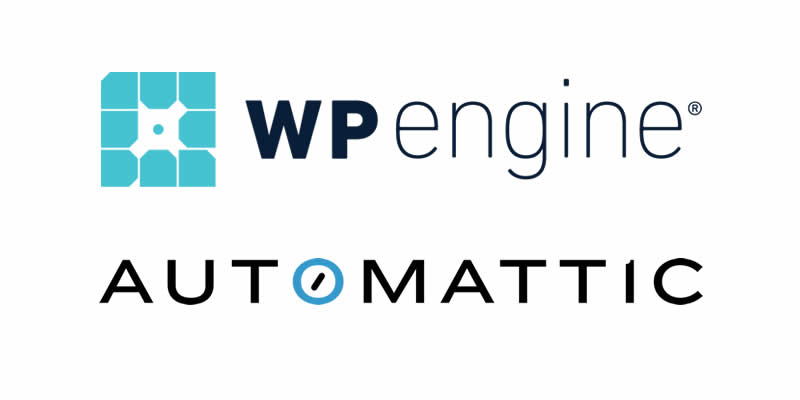You might want some popcorn for this post
The recent conflict between WP Engine and Automattic, the parent company of WordPress, has escalated into a high-profile dispute within the WordPress ecosystem. It started when Automattic’s CEO, Matt Mullenweg, publicly criticized WP Engine at WordCamp 2024, referring to the company as a “cancer” for profiting from the open-source WordPress platform without contributing significantly to its development.
WP Engine, a major hosting provider specializing in WordPress, refuted these claims and issued a cease-and-desist letter, accusing Automattic of defamation. WP Engine emphasised that it complies with fair use policies regarding the WordPress trademark and has supported the WordPress community through other means. Mullenweg, however, pointed to Automattic’s significant contribution of developer hours to WordPress and criticised WP Engine for actions such as disabling WordPress revisions by default to save costs, which he argued compromises user content protection.
Automattic vs WP Engine Law suits
The conflict intensified when Automattic demanded millions in annual payments from WP Engine for licensing WordPress-related trademarks, which WP Engine rejected. In response, WP Engine suggested Automattic was trying to unfairly profit from their business through what they saw as extortion. WP Engine then escalated the issue further by filing a lawsuit against Mullenweg and Automattic, accusing them of tortious interference, defamation, and unfair business practices.
This dispute has had internal repercussions for Automattic, with over 150 employees leaving the company after Mullenweg offered a severance package, sparking concerns about the leadership’s handling of the situation. The controversy has ignited broader debates about how companies like WP Engine, which benefit from open-source software, should contribute back to the community that supports their success.
This legal and public spat highlights the tensions between for-profit companies leveraging open-source platforms and the open-source communities themselves, raising questions about how revenue and responsibility should be shared. It is a significant moment in the WordPress community, as it underscores the growing challenges around commercialisation and collaboration within open-source ecosystems.
The outcome of this conflict could set a precedent for how such companies interact with the WordPress Foundation and other open-source initiatives moving forward.
The “Forking” of Advanced Custom Fields
The dispute took another significant turn recently with the removal of the Advanced Custom Fields (ACF) plugin from the WordPress repository. This popular plugin, originally developed by Delicious Brains and later acquired by WP Engine, has been a cornerstone for many developers to enhance WordPress functionality.
Automattic, led by CEO Matt Mullenweg, justified this move by citing security concerns and the need to remove commercial upsells embedded in the plugin. As a result, the ACF plugin was forked into a new version called Secure Custom Fields (SCF), which was released through the WordPress plugin repository. Users with auto-updates enabled for ACF in WordPress were automatically transitioned to this new forked version, SCF, which stripped out any commercial aspects tied to WP Engine.
This action has been highly controversial within the WordPress community, as it is widely seen as an escalation in the conflict between WP Engine and Automattic. WP Engine responded by criticising the decision, calling it unprecedented and a serious breach of trust within the open-source community. They argued that the takeover of an actively developed plugin, particularly one that is essential for many commercial WordPress sites, undermines the collaborative spirit of the WordPress ecosystem.
The forking of ACF has raised broader ethical concerns about the governance of open-source projects. While forking is technically permitted within open-source licensing, replacing an established plugin in the WordPress repository without developer consent has sent shockwaves through the community. Prominent figures in the open-source space, such as David Heinemeier Hansson, the creator of Ruby on Rails, have voiced their concerns, calling it a dangerous precedent that could damage trust in open-source platforms Enterprise Technology News and Analysis, WP Tavern, Werd I/O.
This incident further complicates the already tense relationship between WP Engine and Automattic, as it highlights the blurred lines between Automattic’s control over WordPress.org and the broader open-source community. For developers and businesses relying on ACF, this raises concerns about the long-term stability of WordPress as a platform, particularly regarding plugin security and governance.
The removal of ACF from the WordPress repository is a critical moment in the dispute and suggests that the feud between WP Engine and Automattic is far from over. As the conflict continues to unfold, many are calling for a resolution that would preserve the integrity of the WordPress ecosystem and restore trust among its developers and users.




